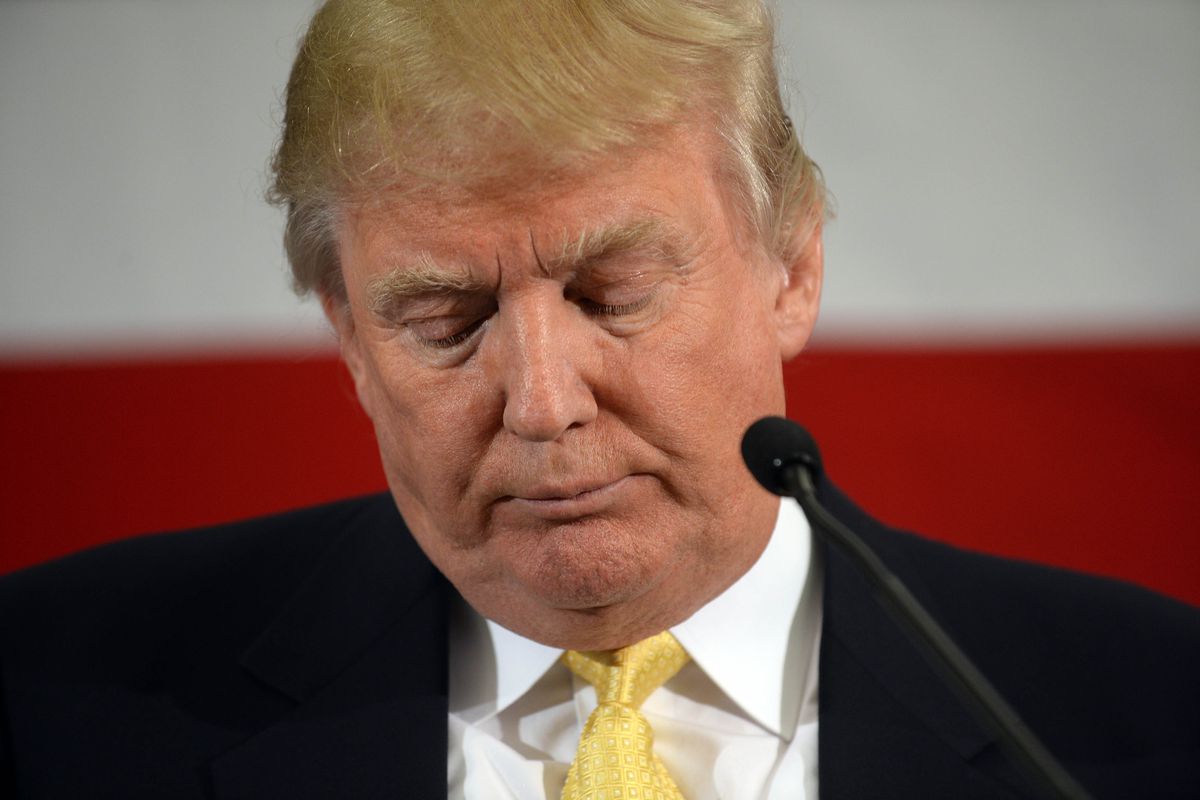
It’s been called one of the most important criminal cases in American history: The Justice Department’s election conspiracy trial against former President Donald Trump will unfold at a courthouse steps away from the U.S. Capitol in Washington where Trump’s supporters tried to overturn the results of the 2020 election.
U.S. District Judge Tanya Chutkan will occupy a central role — making crucial decisions about a trial date, admissible evidence and Trump’s compliance with the rules of his release in the months ahead.
Chutkan, 62, established herself as a force in the courtroom decades ago. She made her name at the Public Defender Service, the elite corps of defense attorneys fighting for low-income people accused of crimes.
“It was as competitive to get a position at PDS as it was to get a position at a major law firm,” said retired trial lawyer Michele Roberts, another veteran of the defender service. “People who were committed to doing that work were all eager to work at PDS.”
As a defense attorney, Chutkan pressed the Justice Department to meet its burden of proof for homicide and sexual assault prosecutions, handling more than 40 trials. In one of them, she faced off against prosecutor James Boasberg, who’s now the chief judge of the U.S. District Court in Washington. Another of her cases became part of the training program for new defenders.
“As far as a trial lawyer, one of the best that’s come out of the agency, for sure,” said Roberts, who is a former executive director of the National Basketball Players Association.
Record as a federal judge
Then-President Obama nominated Chutkan to serve as a federal judge in 2013. The following year, she won confirmation in a 95-0 vote by the Senate.
On the bench, she’s handled cases involving an unregistered Russian agent living in the U.S., efforts to challenge the lethal injection protocol for people on federal death row and rioters who breached the Capitol grounds on Jan. 6, 2021.
Chutkan is known for imposing some tough punishments in those cases. According to an analysis from NPR’s investigative team, as of July 2023, Chutkan had given prison sentences to all of the 38 Jan. 6 defendants to come before her, even though prosecutors had only recommended 34 of them for prison. That stands in contrast to the other judges in Jan. 6 cases who have tended to be more lenient at sentencing.
Chutkan has handed down tougher prison sentences than the government asked for in nearly 25% of her Jan. 6 cases. That is a notably higher rate than nearly all other judges handling these cases.
“She was definitely on the high end of the range of those people,” said Bob Driscoll, a defense attorney at the McGlinchey Stafford firm in Washington. “She was, in fact, still might be the only — if she’s not the only she’s one of the only — judges that has several times gone above the recommendation made by the government.”



